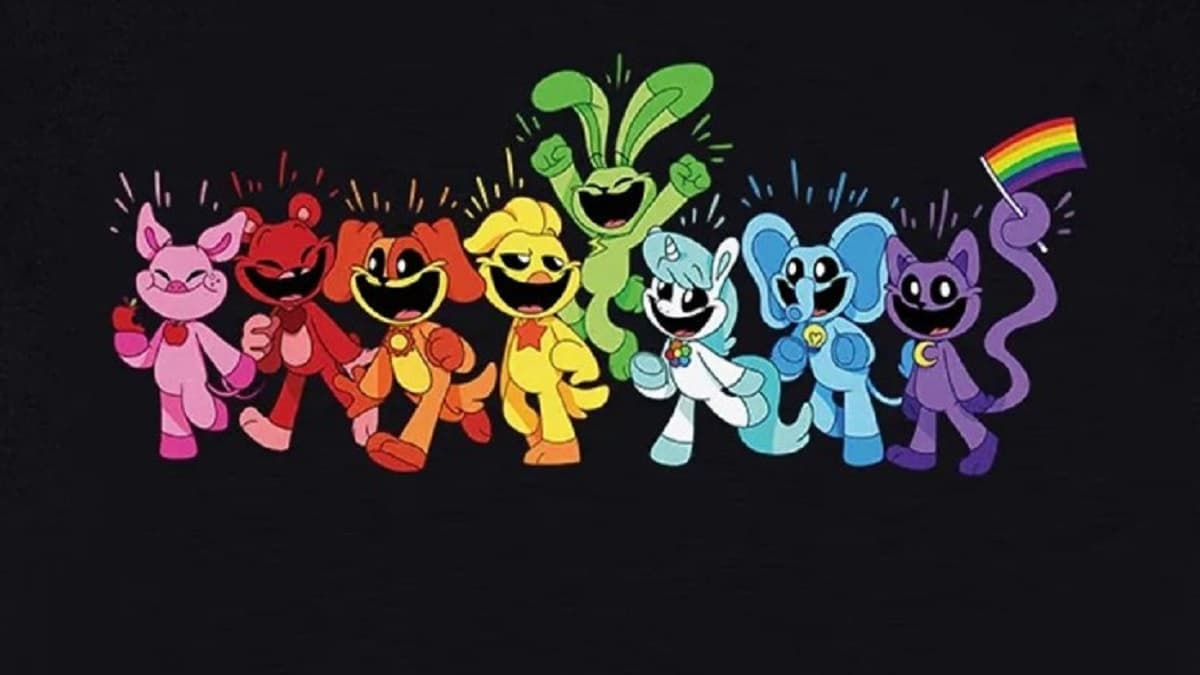In two recent studies headed by researchers from Iowa State University, the effect video games have on children and adolescents was studied. These studies were designed to see if video game playing would have an effect on the subject’s levels of empathy and helpfulness.
Crosscultural Study
The first study looked at “adolescents and young adults in Australia, China, Croatia, Germany, Japan, Romania, and the United States.” Researchers wanted to get a better look at how different cultures would respond to exposure to prosocial media. Prosocial media consists of “video games, movies or TV shows that portray helpful, caring, and cooperative behaviors.”
The research shows that when subjects are exposed to more prosocial media, they have higher levels of prosocial behavior.
There were some differences between how much of an effect the media had on the subject dependent on which country they came from. Some of the participants had higher levels of prosocial behavior than others; this difference is likely due to the different cultural norms in each country. Despite this difference however, all results were statistically significant.
Singapore Study
The second study examined over 3,000 Singaporean children (third and fourth grades) and teens (seventh and eighth grades) over a two-year period. The purpose of this study was to see what long-term effects video game use would have on the subjects’ minds.
The way the researchers tested the students prosocial behavior levels was by asking them questions like “how they would feel if a family friend was sick or if they would spend money to help those in need.” Students were also asked to report how frequent they “performed various helpful behaviors.”
Similar to the results in the first study, the research showed that the students that played more prosocial games were more likely to be helpful and empathetic while those that played violent video games were less likely to.
While some could argue that some violent games also have prosocial and cooperative aspects to them, the researchers state that they still “produce harmful effects on players.”
The most important part of this study is that the changes in behavior actually happened over time. The results corresponded with the type of games the students had played at the start of the study. These results fill in a gap in earlier research, as most, if not all, of the studies before this one were only short-term.
So… is it good news or bad news?
With the news media constantly trying to pin the blame for school shootings on the effects of playing video games in the last decade or so, seeing the negative effects violent games have on a young person’s behavior can give off the impression that maybe the news is justified in targeting video games as a bad influence. While the negative effects are a bit of a sad realization, I would argue that the positive effects on prosocial behavior far outweigh the other side of the issue.
Even if the research shows that kids and teens who play violent games are less likely to be empathetic, this does not mean that they will become school shooters. There are many more factors that come into play in cases like that that blaming video games solely is just sensationalist garbage.
What is not sensationalist garbage is the idea that maybe we should be careful about the video games we buy our kids. Video games are not purely good or purely bad for a child; the studies done by Iowa State University clearly show that the kinds of games you let your child play do have an effect on them, positive or negative.
A Better Kid Through Gaming
Gaming savvy parents should use the results of this study to help mold their kids into better people. While little Jimmy/Jenny America might be upset that s/he can’t hop on XBOX Live and scream obscenities at all the other eleven year olds playing Call of Duty, getting him/her a game that promotes prosocial behavior will have some positive effects and make them a better person.
Parents should always be sure to examine a game thoroughly before buying it for their kid. Don’t just look at the ESRB rating; look up screenshots and videos of the game your child is asking for. Does it seem like the kind of game that would promote good behavior or does it seem like something that could wait until they’re eighteen?
What do you think of the results of the study? What kind of games do you let your (real or hypothetical) kid play and why? Let us know in the comments section.









Published: Feb 13, 2014 03:16 am